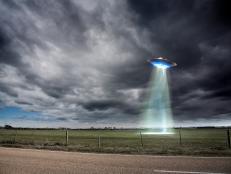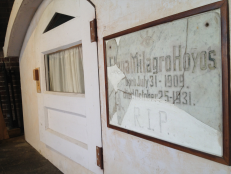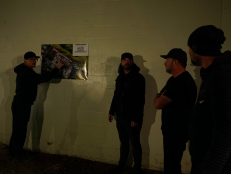Teams Need a Travel Game Plan
See how travel preparation affects NCAA basketball teams.
By:
Jeff Thoreson
When the University of Maryland men’s basketball team advanced to the NCAA men’s basketball Division I Final Four for the first time in school history in 2001, the trip was anything but easy, and not only due to challenges on the court.
Maryland played all 5 of its games in the 2001 NCAA tournament west of the Mississippi River in Boise, ID, Anaheim, CA, and Minneapolis, MN, The next year, as the No. 1 seed in the East Region, the Terrapins played all 6 games within the same time zone and won the school's first national championship. The team’s travel distance for the entire 2002 tournament wouldn’t have gotten them to their first 2 games the year before.
Making travel arrangements for schools in the NCAA tournament presents unique challenges and requires quick thinking and a little luck. And Maryland, which has played in postseason tournaments for the last 17 years, has plenty of stories to tell about it’s tournament travels.
In 2000 Maryland played a first-round game against Iona in Minnesota. On Selection Sunday, as soon as school officials found out where they would be playing, a team manager called a hotel the NCAA recommended to reserve rooms.
“A girl said, ‘well my manager’s not here and I’m not authorized to reserve 20 rooms on one credit card on a Sunday night,’” says J.J. Bush, who has been an athletic trainer at Maryland for 39 years and, in that role, has sometimes handled NCAA Tournament travel arrangements for the team. “I said to my director of operations, ‘Call this hotel. It’s smaller and we’ve stayed there before.’ The person there says, ‘No problem’ and took the reservation.’"
As director of operations for the Maryland men’s basketball team, Troy Wainwright handled the team’s travel arrangements for the last 15 years. Wainwright has coordinated travel to 11 NCAA tournaments, 3 NIT appearances, 4 trips to Hawaii, a 2-week tour of Italy, and all the Atlantic Coast Conference cities.
NCAA tournament travel plans often must be completed in as little as 48 hours. The NCAA pays for flights for up to 75 people for schools in the NCAA tournament that need to travel more than 350 miles to a game. The NCAA pays for up to 100 people for teams playing in the Final Four. The NCAA pays for charter flights if no commercial flights are available.
The NCAA travel office provides information online, about which hotels, bus services and restaurants to use as well as practice times and locations. Wainwright says traveling wouldn’t be much of a problem if teams had more time to make arrangements. But first-round games are determined with only a few days’ notice. Teams need to be in the city where they are playing at least a day before the game to practice and for media interviews.
Since 2002 the NCAA started using what it calls a “pod system” to schedule some first-round games closer to schools that later played regional games outside their geographical zone. For example, some first-round games this year in the West Region will be played in Tampa, FL. Many eastern schools used to travel west, as Maryland did in 2001 for first-round games.
The NCAA changed the system in part because of Maryland’s awkward travel schedule in 2001. That year Maryland traveled for 21 days in March, including for the NCAA and ACC tournaments.
March Madness can also be found in the office of Short’s Travel Management in Waterloo, IA, which has made flight arrangements for all teams in the men’s and women’s NCAA tournaments since 2004. In March the company uses about 20 agents working 17-hour shifts.
Traveling for the NCAA Tournament isn’t much different than your family vacation – everyone is running around at the last minute, packing and trying to get things done. But, maybe unlike your family vacations, NCAA Tournament teams always get there on time.
“Over the years, we've had a vast array of issues occur to our traveling teams,” says Christopher Radford, assistant director of public and media relations for the NCAA. “Everything from weather to mechanics, aircraft availability to team or player problems. You name it and we've probably experienced it, but we've never had a team not make it to the site in time for their game.”
Maryland will not have to worry about scrambling to make travel plans this year. The team finished the 2010-11 season with a 19-14 record and was surprised to learn that it did not receive invitations to the NCAA tournament or the National Invitation Tournament.
March Madness Q & A >>
Next Up
Hong Kong Tips
Check out our selection of Anthony Bourdain's best travel tips from the Hong Kong episode of The Layover.
Dos and Donts of Packing a Carry-On
Bring this, not that.
Where to Travel in August
Plan a final summer fling at the best places to visit in August.
3 Ways to Reuse Travel Maps
See how to reuse a travel map as art or jewelry.
Extreme ...
The most extreme things to do, places to see and food worldwide.
Where to Travel in October
Celebrate fall with a great October vacation.
Vegas' Extreme Pool Scene
Check out our picks for the best pool parties in Las Vegas.
10 Things I Wish I Knew Before My Round-the-World Travels
What you should know before you head out on the road to spend an extended amount of time traveling around the world.
How to Avoid Being a Bad Houseguest
Good guests can couch-surf through life.
Travel Tips And Hacks From the Pros
Find smart solutions to your travel woes.
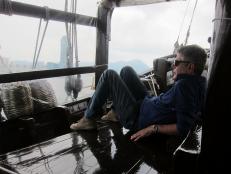
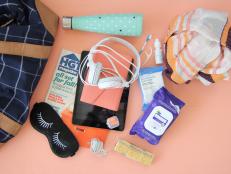



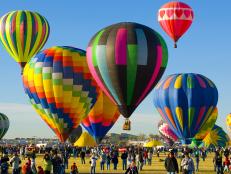
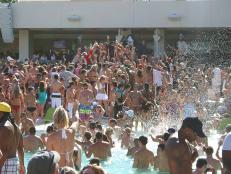
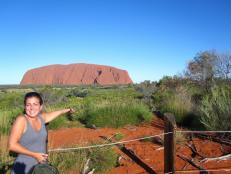










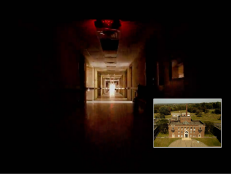


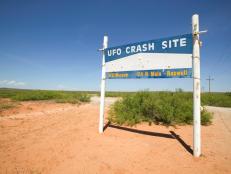


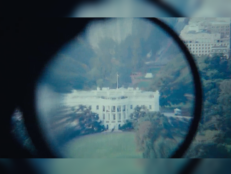


.jpg.rend.hgtvcom.231.174.suffix/1674758726773.jpeg)






